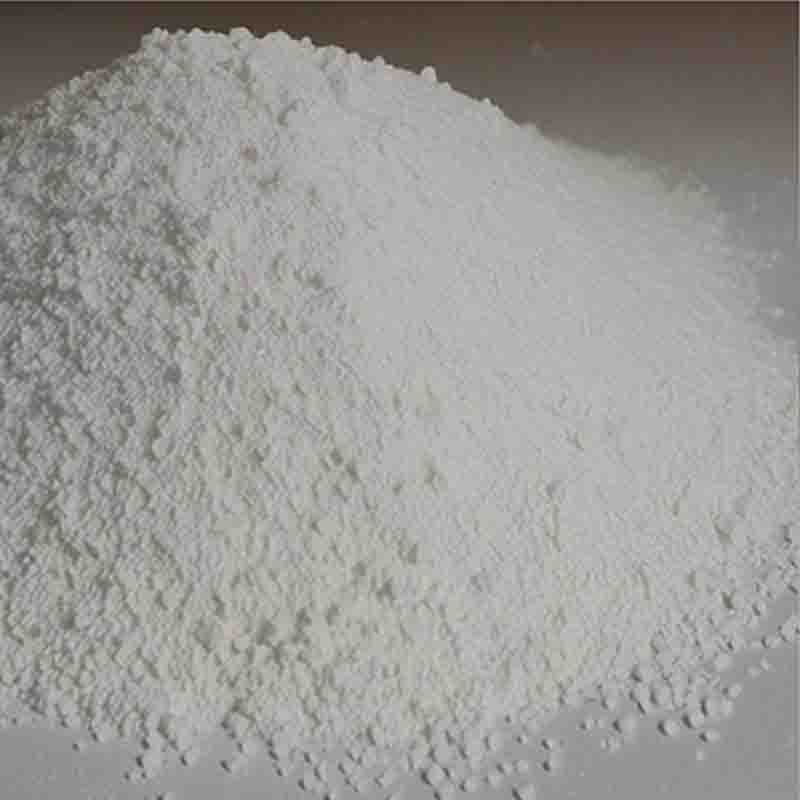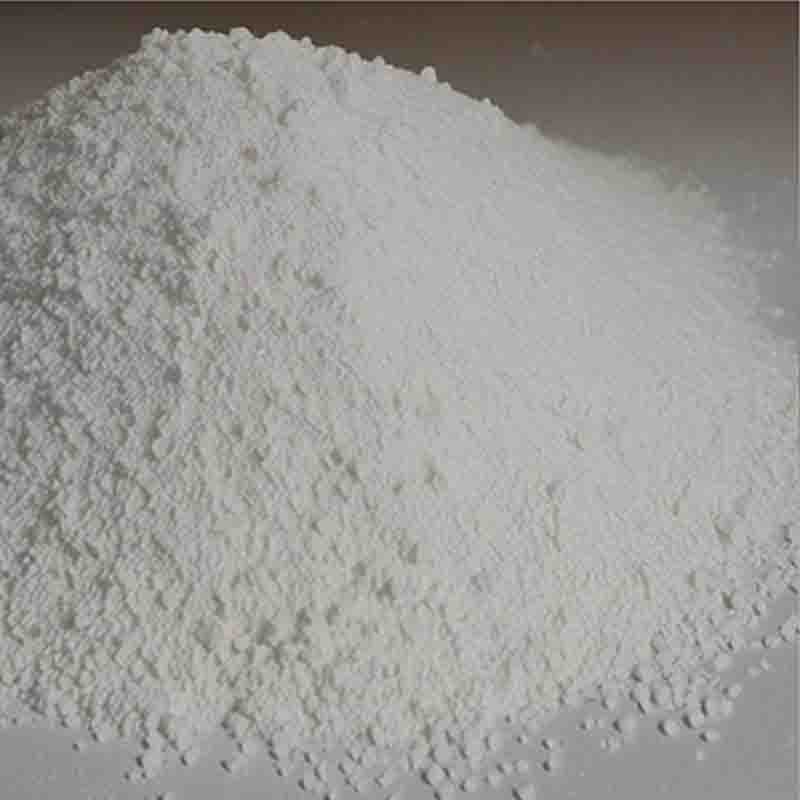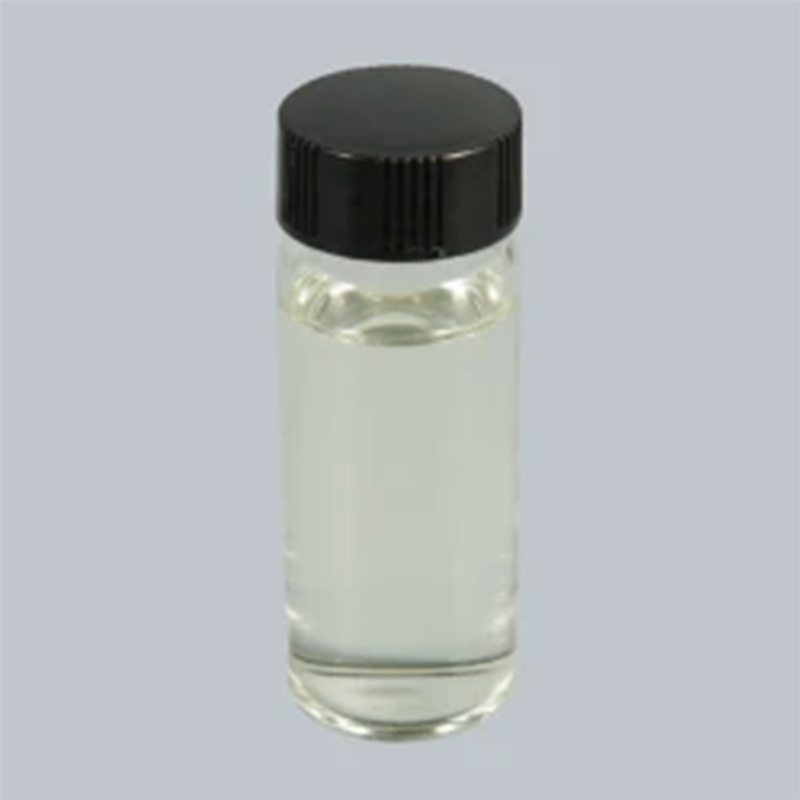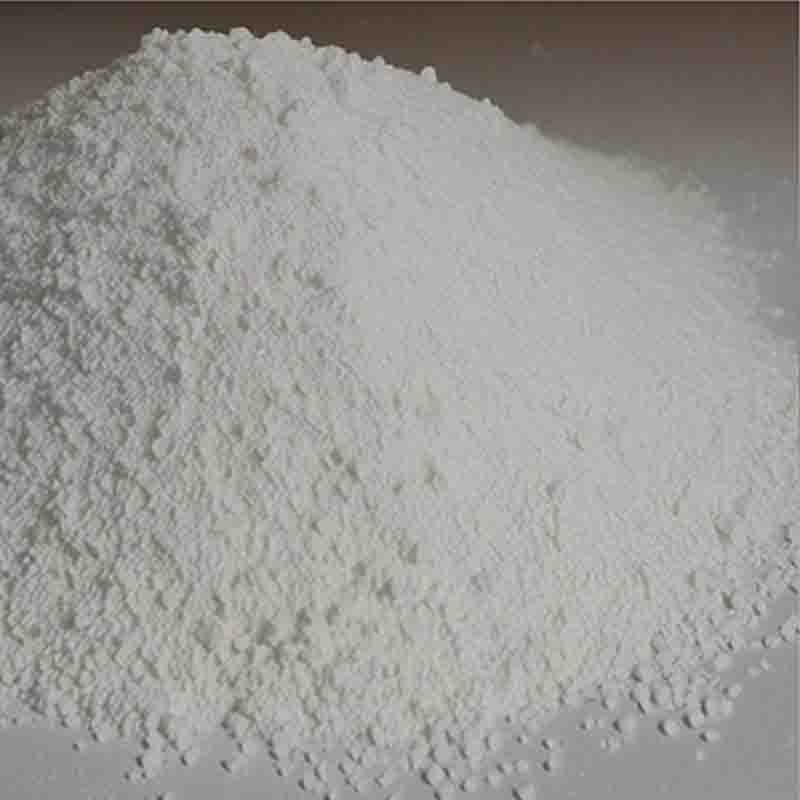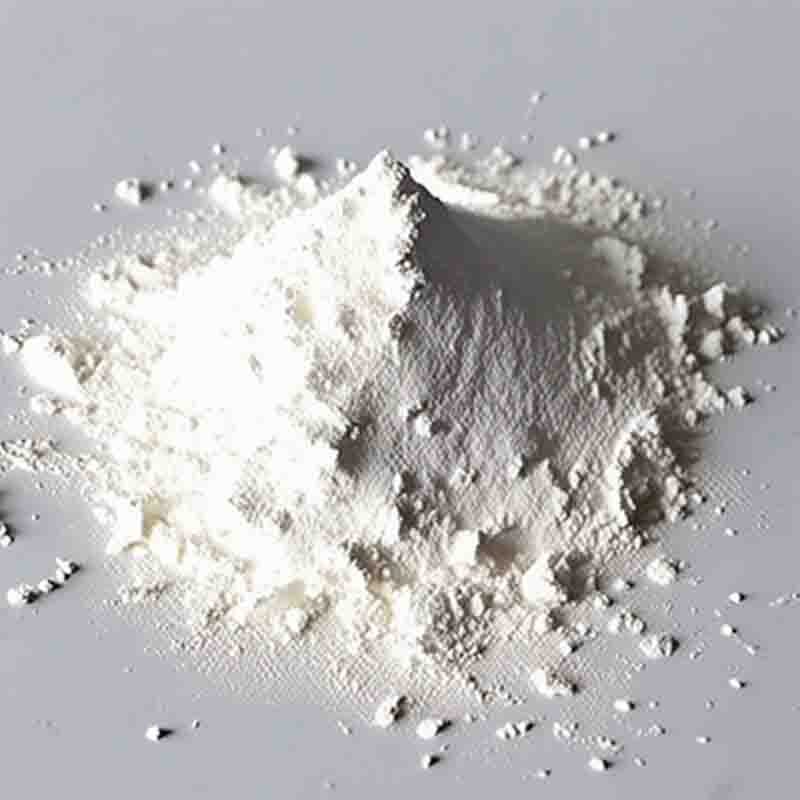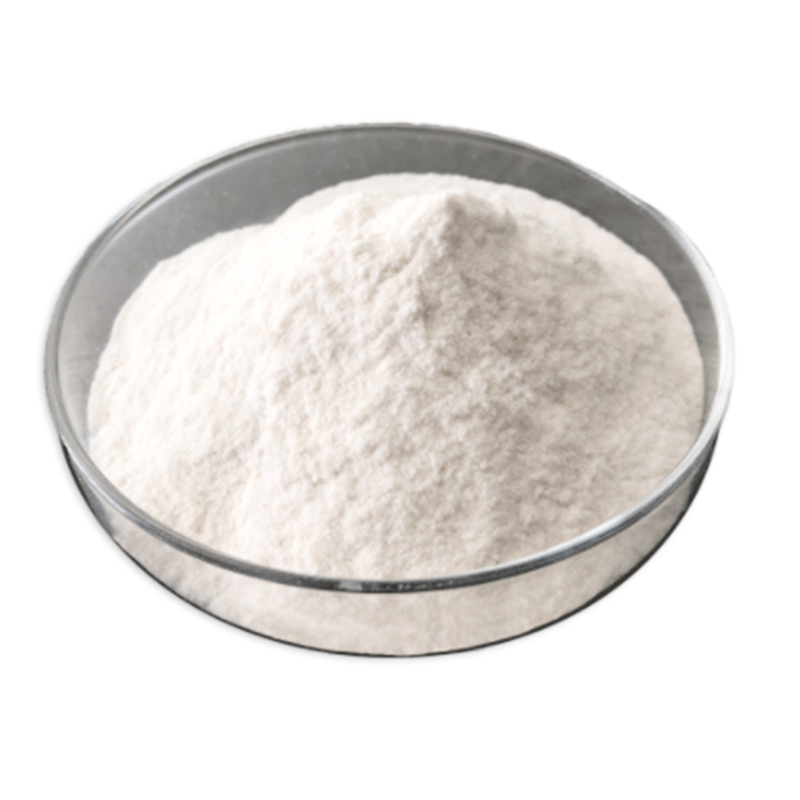Potassium trifluoromethanesulfonate CAS: 2926-27-4
| Catalog Number | XD93557 |
| Product Name | Potassium trifluoromethanesulfonate |
| CAS | 2926-27-4 |
| Molecular Formula | CF3KO3S |
| Molecular Weight | 188.17 |
| Storage Details | Ambient |
Product Specification
| Appearance | White powder |
| Assay | 99% min |
Potassium trifluoromethanesulfonate, also known as triflate or CF₃SO₃K, is a chemical compound with a wide range of applications in organic synthesis, catalysis, and material science. It shares many similarities with its sodium counterpart (sodium trifluoromethanesulfonate), but with some unique properties and uses.One major use of potassium trifluoromethanesulfonate is as a powerful Lewis acid catalyst. Its triflate anion (CF₃SO₃⁻) can coordinate with Lewis bases, activating them towards nucleophilic attack or enabling them to act as catalysts themselves. This property makes it a valuable reagent in a variety of reactions such as carbon-carbon bond formation, cycloadditions, and rearrangements. The high stability of the CF₃SO₃⁻ anion allows for efficient catalytic transformations, and its use has been particularly important in the synthesis of natural products and chiral compounds.Furthermore, potassium trifluoromethanesulfonate is widely used as a coupling agent in organic and organometallic chemistry. Similar to its sodium counterpart, it facilitates the formation of carbon-carbon, carbon-nitrogen, and carbon-oxygen bonds through cross-coupling reactions. The triflate anion acts as a leaving group, promoting substitution reactions and allowing for the synthesis of complex organic molecules, pharmaceuticals, and fine chemicals.Another important application of potassium trifluoromethanesulfonate is its use as an electrolyte in lithium-ion batteries. Its high thermal stability and good ionic conductivity make it a valuable component for enhancing battery performance and lifespan. It helps prevent electrode degradation and improves the efficiency of charge and discharge cycles. Additionally, its use in these batteries contributes to improved safety and stability during operation.Potassium trifluoromethanesulfonate also finds applications in material science, specifically in the synthesis of advanced materials. It can be used as a precursor for the preparation of functionalized polymers, hydrogels, and nanoparticle coatings. The triflate group's unique properties, including its stability, lipophilicity, and reactivity, enable the modification and functionalization of surfaces and materials for various applications such as drug delivery systems, sensors, and catalytic supports.In summary, potassium trifluoromethanesulfonate serves as a versatile compound with diverse applications in organic synthesis, catalysis, and material science. Its Lewis acid properties, ability to facilitate cross-coupling reactions, and use as an electrolyte in lithium-ion batteries make it valuable for the synthesis of complex organic molecules, catalysts, and advanced materials. It continues to be a crucial reagent contributing to advancements in various fields.


